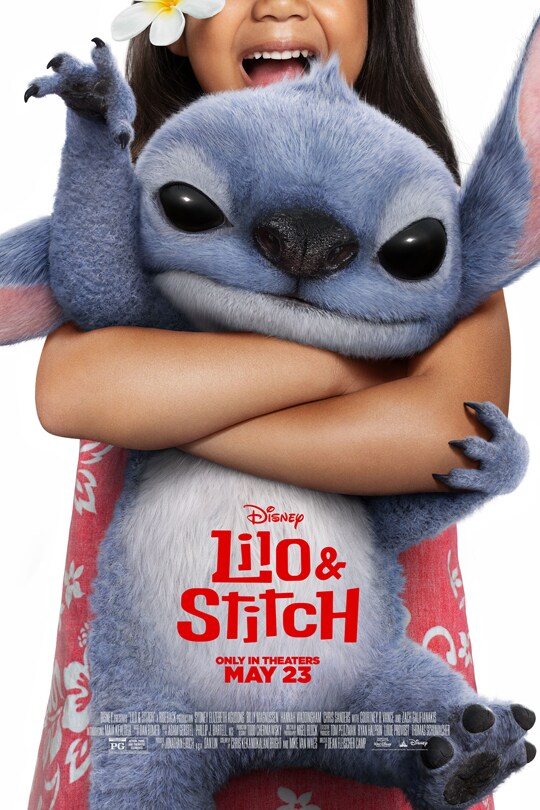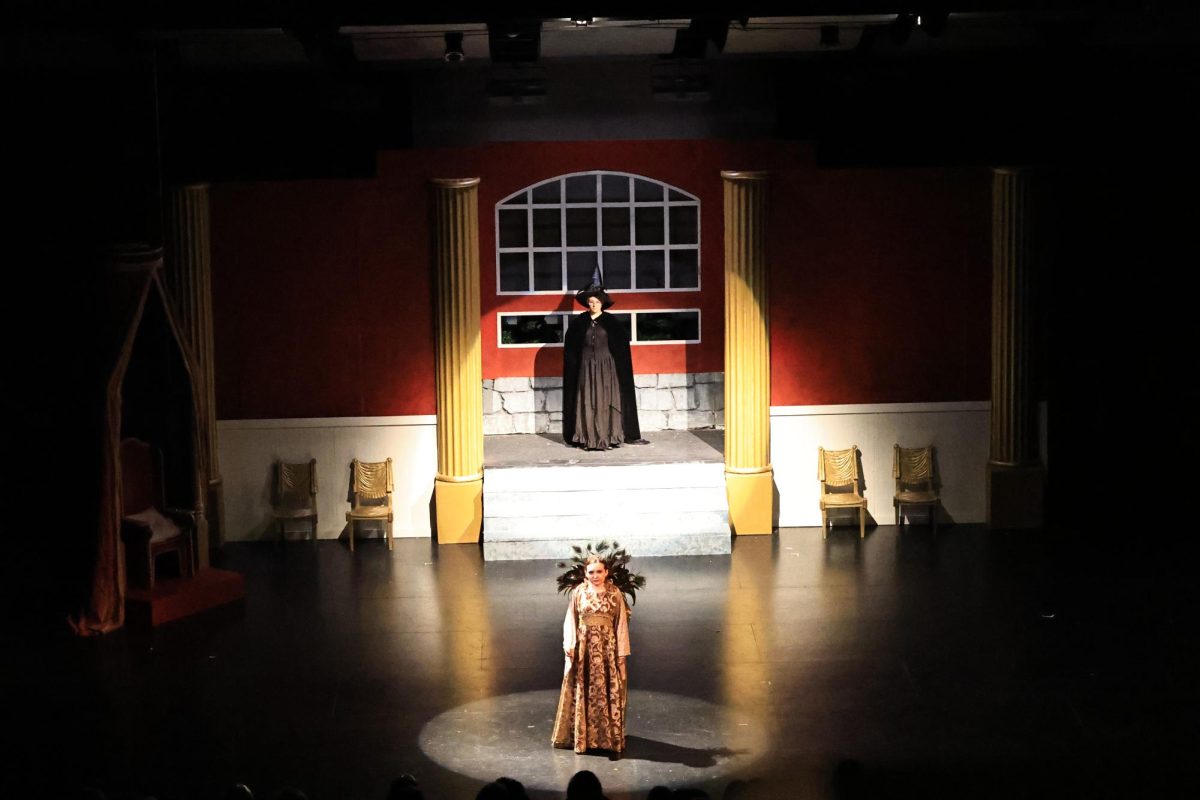With the release of Bluey in October 2018, people from most all ages have grown to love the show. Impressive considering it is a children’s show supposed to focus on preschool-aged children, but with its clever writing and blues clues nostalgia, I can’t help but admit it’s a good show.
This slice-of-life show is about a family of dogs doing day-to-day activities; arts and crafts, going out on adventures and playing at home. The show shares wholesome humor that I think all ages would enjoy. This show gives a special feeling that is not identifiable at first glance, but as you watch this show something just amplifies your impression of the show.
One big thing I enjoyed about Bluey is communication with the family. The parents of the titular character of Bluey: Bandit, and Chilli Heeler, deliver a realistic image when talking. Their communication with Bluey and her younger sister Bingo allows them to understand their parents. Notably, the parents talk to their children as though they were grown adults. Other children’s shows tend to have a filter when talking to their children. Especially with the tone, parents would have a softer, sweet, baby talk to their children. Having parents that talk to their children in a humane way benefits the kids.
With that, Bandit and Chilli present great examples of setting boundaries. They use excellent language for the kids to understand and listen and to be able to accept those boundaries. This helps the kids learn how to establish those boundaries early. While other shows display characters being upset, they gravitate towards those characters to solve their emotions alone or solve those emotions with a solution. Bluey on the other hand gets the support they need from someone like a friend or a family member and fully has a discussion on what and how they’re feeling. Then use words of affirmation to encourage them.
It’s heartwarming to see the way these parents play with their children. It gives both benefits to audiences who are kids and parents who are finding different ways to play with each other, but that also includes both parties being very involved. Even in some
episodes, the parents express their tiredness when Bluey and Bingo would want to play. The show models how parents should be patient and loving, but they also have their own lives, where they are busy and tired. This is an excellent example of parenting kids should learn, teaching compassion and empathy for their parents as well as others.
The dedication of Bandit and Chilli whenever playing with their kids, Bluey and Bingo have given a great example of what involved parents look like. Not a lot of shows tend to display the parent aspect since it is more targeted toward children audiences. Communication is one of the key elements of what makes this show so wonderful.
As a child of a traditional Asian family, the language barriers have made it hard for me to communicate with my parents, and that makes me yearn for that healthy communication. It gets a little hard to build that communicative relationship.
Growing up in the U.S. being surrounded by kids who have those relationships made me grow jealous. I grew up wanting to be in those American families that were commonly televised.
The majority of Asian parents generally don’t use words of affirmation when talking with their children or a loved one. Although it might be hard for Asian parents to say these words of love directly to their kids, they instead go for more action-based language to show their love, like acts of service. In Bluey, it’s incredibly rewarding to see a family displaying a great example with honest one-on-one communication. Which I believe is great for any kid to witness.











